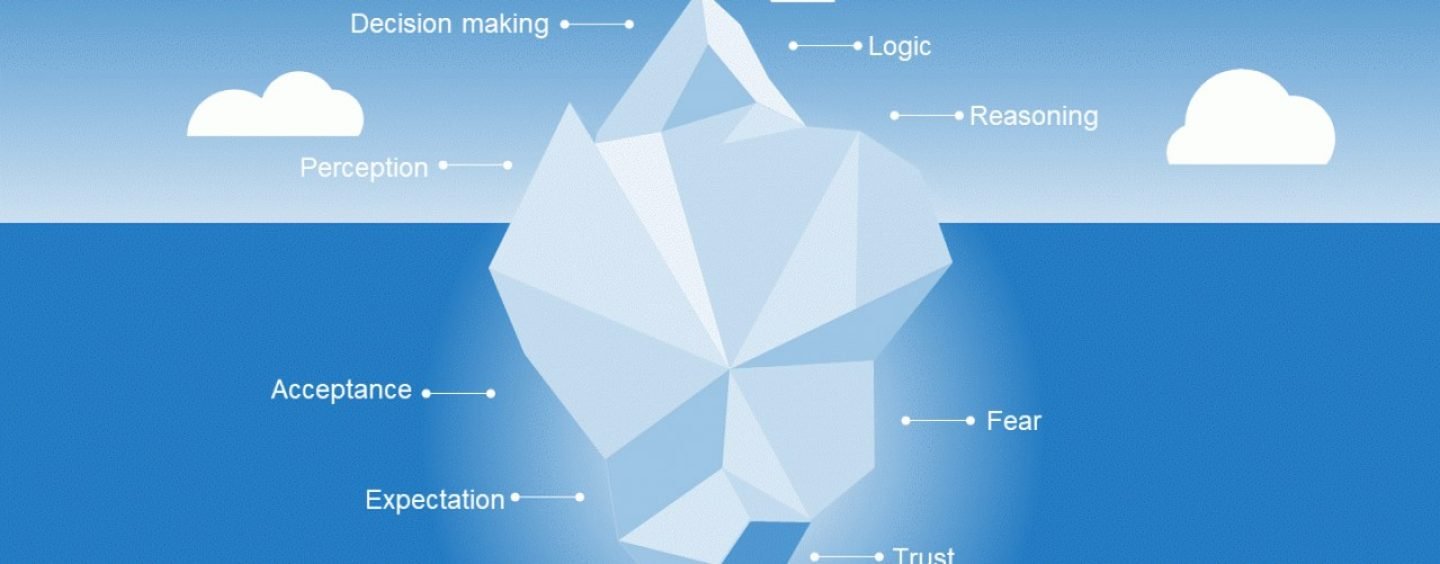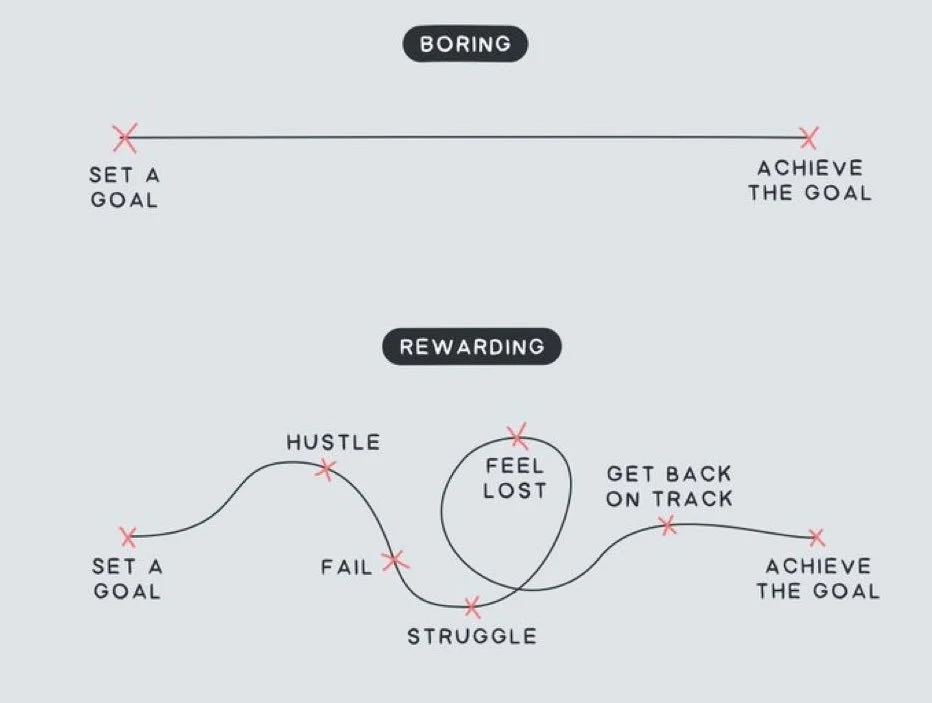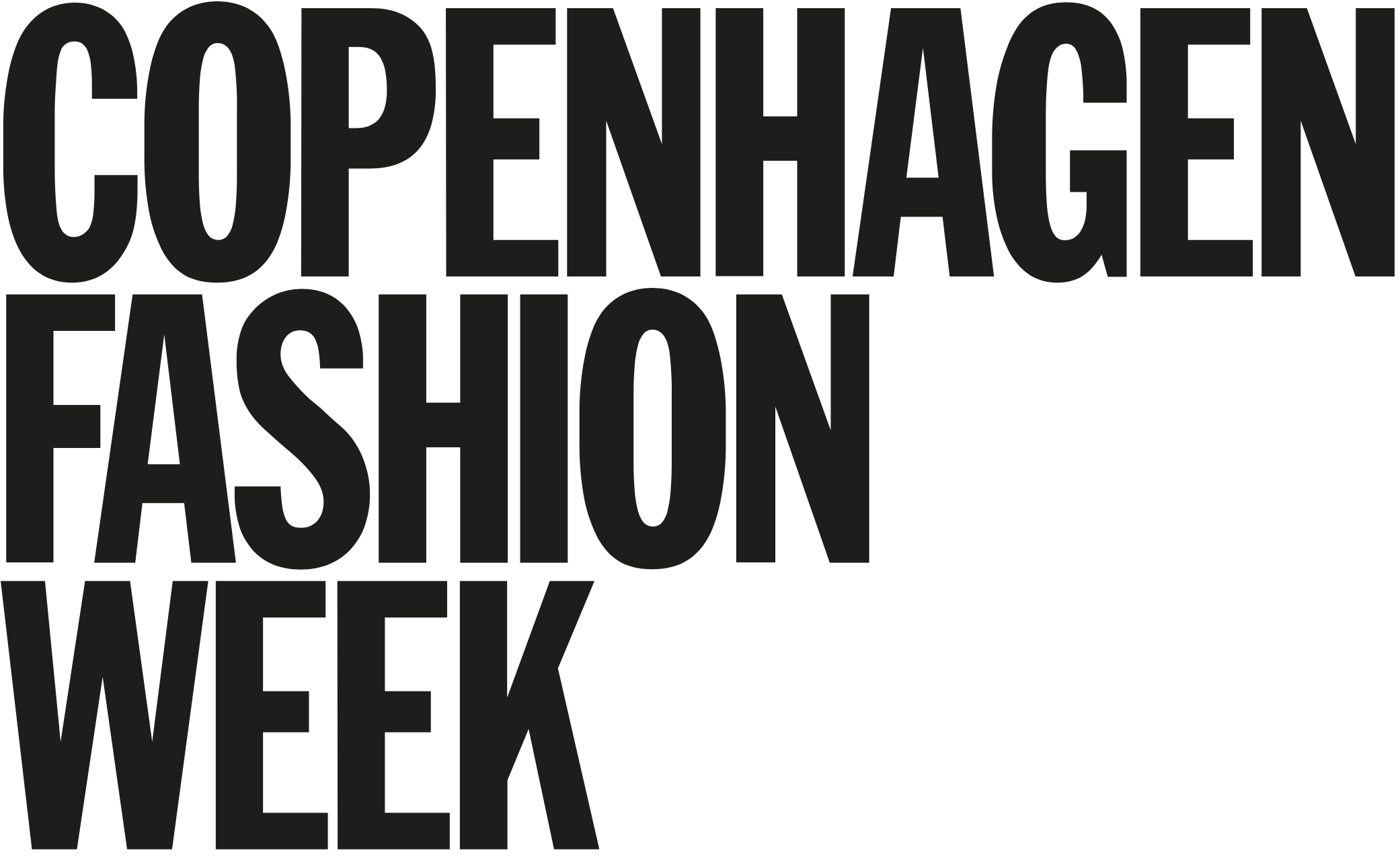Branding is why
Marketing is how
Branding is your story
Marketing is how you tell it
Branding earns loyalty
Marketing drives action
Branding is the foundation
Marketing is the structure
Branding is the being
Marketing is the doing
Branding is macro
Marketing is micro
Branding defines trajectory
Marketing defines tactics
Branding is long-term
Marketing is short-term
Branding shapes culture
Marketing shapes campaigns
Branding is the promise of value
Marketing is the proof of value
I see branding as the essence of who you are, the identity and character of your business. Marketing, on the other hand, is how you build awareness of that brand. Branding is your long-term strategy, while marketing is made up of the tactical actions you take to reach your goals. Do you agree?
Where's her father?
Heinz released a series of public ad posters promoting family sized pasta sauce. The ads depict a wedding reception where the Black bride sits in the middle of the table completely overjoyed while eating pasta. To her right sit her white groom’s mother and father. On the left, the groom and what looks like the bride’s Black mother appear. Where is the bride’s father?
It’s now 14 days since I was sent this picture from Vauxhall tube station, and as a Black father with two daughters, I was outraged. This advert only perpetuates racist stereotypes against the Black community. What were Heinz thinking? It’s quite obvious that there are no Black executives in the Heinz marketing team or in their advertising agency.
We reward good experiences
Consumers benefit from recognisable brand names because they can choose to buy more of a product they like and less of one they don't. Brands serve as the units of selection in the evolutionary marketplace of consumer capitalism. A brand name allows consumers, both individually and collectively, to reward a positive experience with repeat business and penalise a negative experience with a boycott. Therefore, businesses interested in their longevity strive to uphold their promises when these promises are tied to a brand. In contrast, without a brand, there's no investment in maintaining such promises. I think brands contribute to better products, and the absence of brands can damage markets by making it difficult for consumers to confidently choose products or services.
Where are you?
Most companies and organisations don’t think about positioning, as they assume it’s obvious to their customers. However, I think positioning is about shaping the environment in the consumer’s mind, helping them draw comparisons and know what to expect. You can compare positioning to the opening scene of a film as when you go to the cinema, you usually know a little about the film before buying your ticket. Yet, the job of the opening scene is to set the context because you have some big questions:
- Where are we?
- What time frame is it?
- Who are the characters?
- What is the vibe of this film?
You need these big questions answered before you can settle in and pay attention to the details of the story. This is also the case for your company or organisation, so contact me via email for an informal meeting about your positioning.
Progressive social practices
While innovation remains essential for brands, the definition of innovation is moving away from focusing on continuous product launches to incorporating genuine advancements in environmental and social practices, for example, sustainable manufacturing production, materials and techniques. Nowadays the significance of authenticity has moved from being centred on a brand’s compelling story or niche positioning to being about the strength of a company’s sustainable operations internally and across its entire supply chain. I think this evolution underlines the importance of sustainability and ethical considerations in modern business strategies. What do you think?
Logo vs. brand
Over the weekend, I explained to my son the difference between a company with a logo and a brand. The example I used showed the difference between a “no-name” hotel and a brand. All hotels have logos and offer accommodation, not all of them have established themselves as distinct brands with a unique identity and reputation. If a “no-name” hotel with a logo came up with a new line of sports shoes, you wouldn’t have any idea of what they would look like. In contrast, a brand like NIKE who has built a strong identity and trust among its customers. If NIKE were to enter a new market like hotels, consumers would have certain expectations about the experience based on their existing perception of the brand.
I think the key message is that brands should focus on creating a strong and authentic identity that resonates with customers over the long term. This identity should extend beyond just a logo or a product line; it should encompass the values, experiences, and trustworthiness associated with the brand. Building this kind of brand equity can lead to greater customer loyalty and a more enduring presence in the market.
The key concepts of trust
Building trust is essential for any brand's success, customers need to have confidence in the brand's products, services, and overall reputation. Trust takes time to establish and is often built through consistent, positive interactions and experiences with the brand. I think to build long-term trust, brands will need to shift their perspective and approach. For example, this could involve moving away from short-term, profit-driven strategies and instead focusing on strategies that prioritise customer satisfaction and loyalty. As authenticity is crucial in today's marketplace and consumers are more inclined to support brands that are genuine and transparent in their actions and messaging. Brands that try to be something they are not or engage in deceptive practices are likely to face backlash from customers.
““Introducing a small character flaw makes you more likable, because people can’t relate to you when you’re just all shiny and perfect.””
Metrics that matter
It’s import to focus on five key principles when building a brand regardless if it’s your personal brand or a commercial entity. The 5 key principles are:
• Creativity
• Authenticity
• Providing value
• Staying consistent
• Interacting with your audience
I think that it’s important that one does not get distracted by irrelevant metrics and instead approach brand building by reasoning from first principles or through analogies. As this approach encourages a more strategic and effective approach to brand development. Contact me via e-mail for a 1:1 overview of your brand strategy.
A brand is not a logo
Your brand is not your logo, I think your brand is the sum total of how your business is perceived, experienced, and valued by your customers. In other words, your brand is the alignment between you and your customer.It's the emotional and practical connection that forms between your business and its audience, ultimately influencing buying decisions and fostering a sense of loyalty and trust. It’s important that you have total clarity on what you do, who you do it for and why it matters before you start your brand.
Branding matters
A brand name provides the opportunity to incentivise future business based on positive experiences and discourage future engagement due to negative experiences. Therefore, individuals who prioritise the long-term success of their business will strive to fulfil their promises when those promises are associated with a brand. I think brands play a vital role in the functioning of consumer capitalism as they serve as the fundamental units of choice, a point that is often underestimated. Brands contribute to the improvement of products, and the absence of brands can result in the collapse of markets since individuals struggle to make confident decisions without them.
Brands are not logos
A brand is nothing to do with your logo or your mission statement. A brand is the perception of the person you are dealing with before the next interaction happens about what they expect will happen. The brand expectation and promise are the things that saves us time. Most mission statements I have read could be swapped from one company to another and you wouldn’t be able to tell the difference – apart from the logos. One of the few mission statements that means something is Patagonia’s. Patagonia says we are going to reduce the number of items we sell, or we are going to stop selling this profitable item because it leaves too much of an environmental footprint. I think these are not mission statements, they are mission actions and if you do enough mission actions the statements get made by itself.
Fit for use
Is it worth more because it has my name on it?
Good quality does not mean luxury. Luxury means it’s expensive and you paid extra happily. In my opinion, luxury is a useful thing and there are a lot of luxury brands who do really well. On the other hand, quality means that this product or service meets the specifications and expectations, for example, what’s the difference between a Rolex and a Casio watch? Rolex is a luxury watch and if you can’t afford a Rolex, it may be a better quality to buy a Casio because it meets specifications and does what it says it does every single time. Making something of quality simply means did you define the specifications accurately and I think that we can all agree that that’s a requirement
The old adage
What makes your brand stand out from the crowd?
To stand out from the crowd, you need to know what your audience expects and wants. Being relevant means being personal, joining your audience's conversations, meeting them where they spend time, and talking to them through people that they trust. I think people are attracted and loyal to brands because they form emotional connections to their products or services. I have seen far too many brands spending money trying to get people to like them instead of getting people to want them. It’s important to market your brand with hardcore discipline and core values to people who are committed to your mission and vision. Hire new people who are not like you but complement you. Hire people who have high self-discipline and are passionate about leaving their mark in the world. Keep the people around you who want to help you succeed and have the ability to guide you through difficult transitions with sound experience.
Brand with purpose
Your purpose is about where you spend your best energy and where you put your love, and it isn’t always about your day job. Your purpose might be something you are in service of, something or someone you love and care about deeply, or it might be a call to action that you cannot turn away from. Your purpose doesn’t have to be big and dramatic, or even a global one. I feel like the luckiest and most privileged person in the world because I found purpose in my life at a very early age.
Some people are having short term success with hustling and spamming, but it’s trust what makes people continue to buy. We all want to trust brands who help us solve our problems, unfortunately nowadays consumers seem to have very little trust in brands. I think trust is claiming the high ground and stating things that are actually true. In the short run, you may not get a lot of sales as the brands who are spamming and hustling but in the long run they’ll be gone, and we’ll still be here.
Avoiding the commodity trap
What is the Commodity Trap?
When customers perceive your product or service as being identical regardless of the source, in other words, a commodity; the only differentiating factor then becomes price. Therefore, a commodity trap is a situation where products and services have slipped into purely price-based competition. And this is a bad thing because it means customers will go for the cheapest option, and this will force brands to compete on price.
Contact me via e-mail for a segmentation review of your marketing or branding strategy, and stop your customers asking the following questions when they see your product offering:
- What is it?
- How does it work?
- How is it different?
- And how much does it cost?
Do you know the difference?
Demographics are an old-fashioned method and is only used by people who don’t want to understand psychographics. Demographics is all about what do you look like on the national census form, whereas psychographics are about what do you believe? What do you want? What do you dream about? I think that if I know that you drive a cabriolet, this far more informative for me than knowing that you are 45 years old and a woman. We need to find the choices people are already choosing to make and then help them make their dreams come true.
Express your gifts
What happens when you stand in front of a fireplace and say give me some heat? The answer is nothing! Unless you put some wood into the fireplace add some fire starters and then light them, then you will not get any heat from the fireplace. If you replace the fireplace with a salesperson and replace heat with money. If you replace wood with knowledge and fire starters with the ability to reach out to clients. This is an analogy of a salesman who is consistently asked to sell products and services on a commission basis with no income until the client pays. I think this shows a distinct lack of understanding about what it takes to make sales - first you have to put something in before you can get something out.
How to make your brand interesting for potential buyers at home or abroad? Here are a few areas where we could collaborate:
Strategy - Interactive interview with yourselves to dig deeper into the brand’s foundation, values, and purpose.
Brand Analysis - Comparative analysis of brand and industry with a view to where the brand should be positioned.
Concept Development - Development of brand design direction and messages.
Communication Strategy - One strategy to unite all activities and channels to simply the brand communication.
Strategic Planning - Activity planning and brand development.
Implementation - Strategic activation plan for the brand with defined channels, goals, and “go-to-market” activities.
Sometimes the shortest distance between two points is not always a straight line. The shortest path will be some kind of line, but its nature depends on the space and how you choose to look at it. Contact me via e-mail and let’s have a meeting.
Copenhagen Fashion Week 2021
“Quality is never an accident; it is always the result of high intention, sincere effort, intelligent direction and skillful execution; it represents the wise choice of many alternatives, the cumulative experience of many masters of craftsmanship. Quality also marks the search for an ideal after necessity has been satisfied and mere usefulness achieved.”
Growth at all costs
We have seen that over the Covid pandemic consumer expectations and behaviours have fundamentally changed. Technology and innovation have moved brands into a place where relationships with individual consumers could be directly formed, nurtured and serviced. I think the greatest growth potential going forward will be differentiated retail. This will mean creating an elevated brand experience where both the brand and product are celebrated through clear and compelling storytelling.
The future is not just about omni-channel, it’s going to be about customisation, community and content. Individuals with unique personal goals brought together to form a global community. Contact me via e-mail when you are ready for an external perspective on your brand engagement.





















